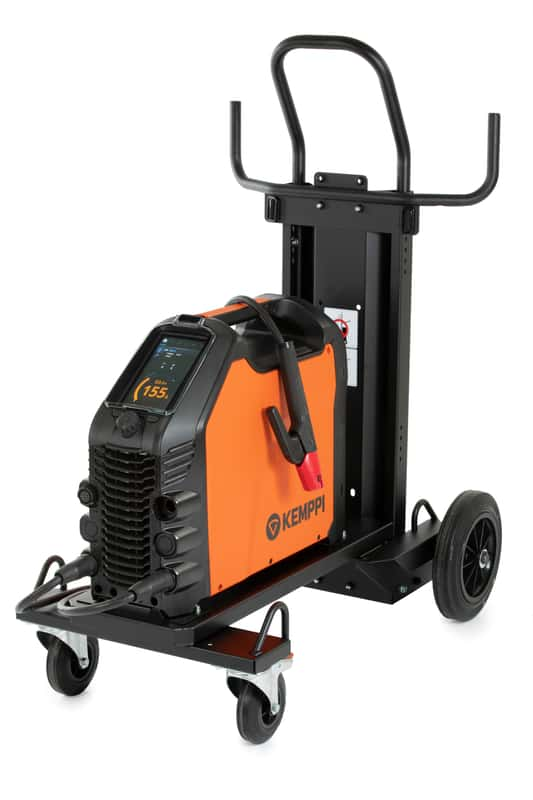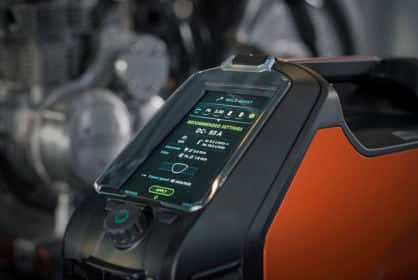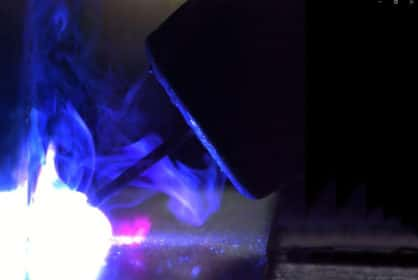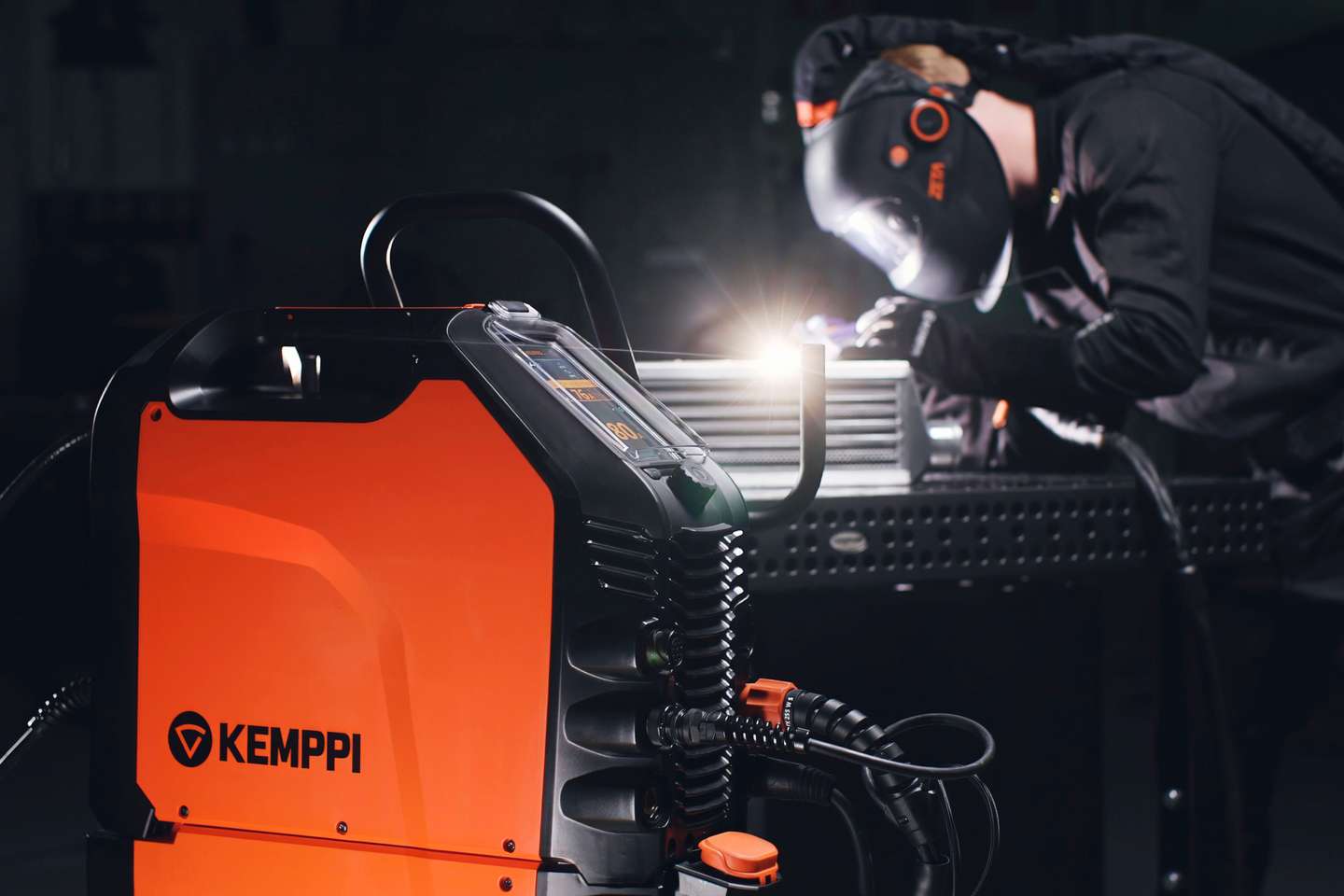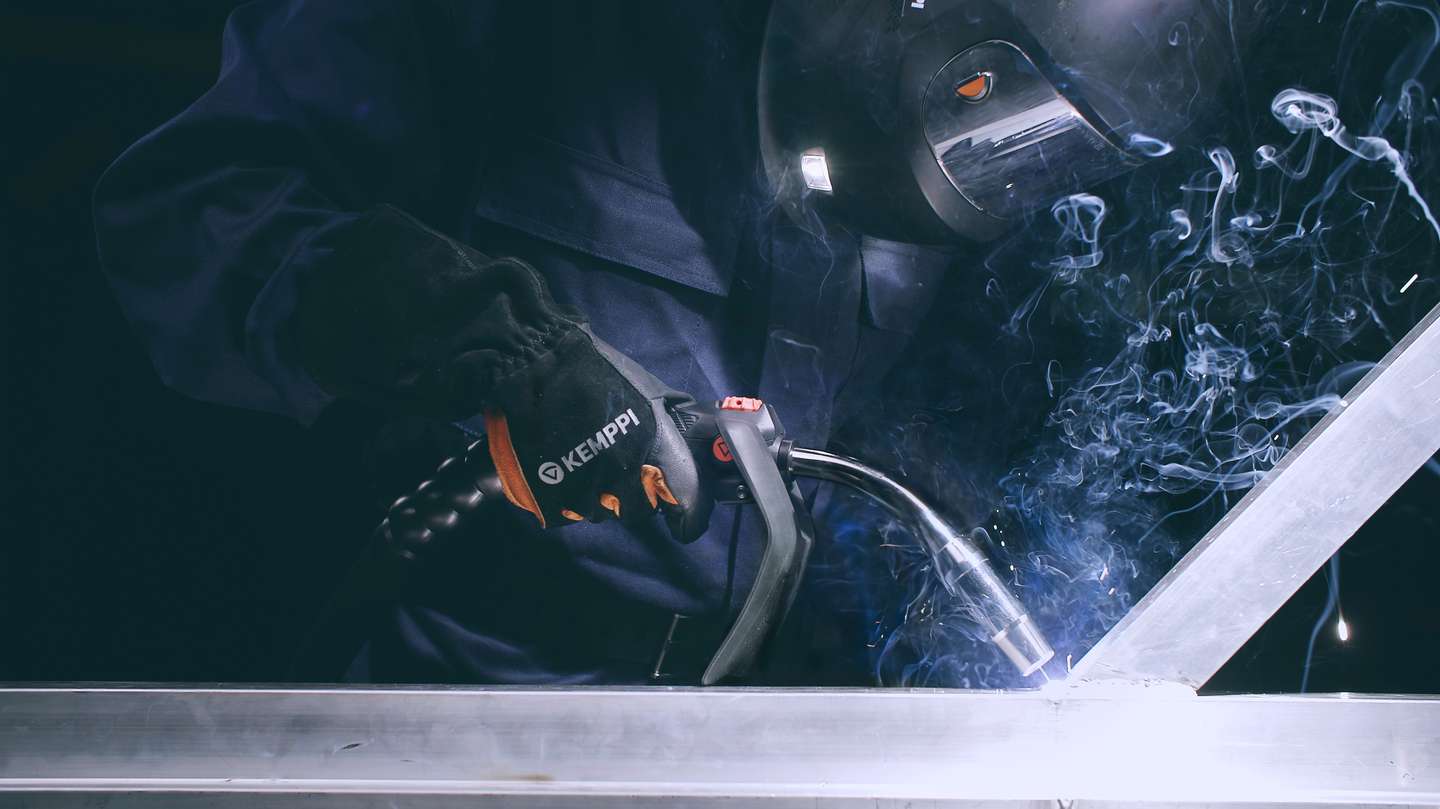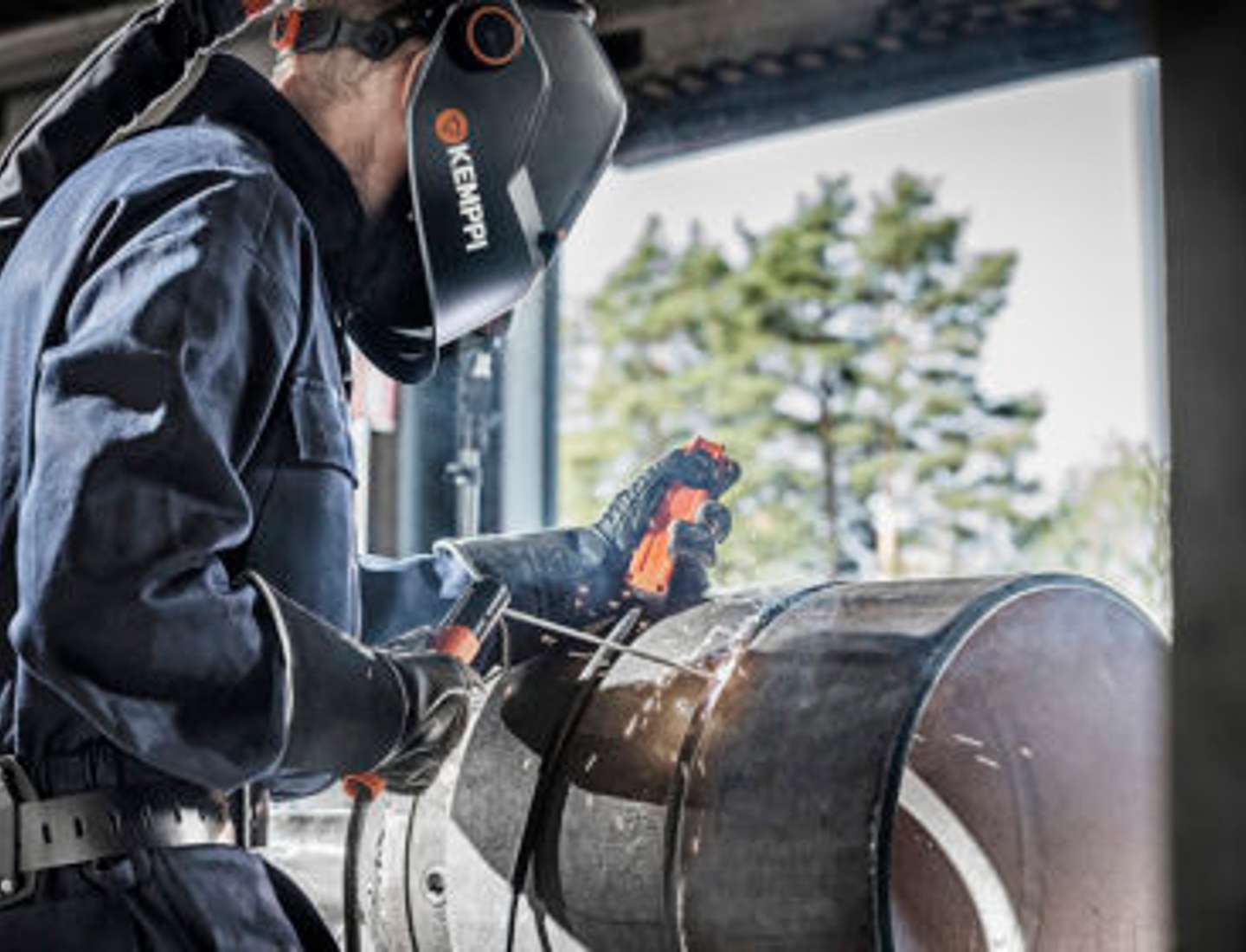
Welding ABC
Stick Welding Can Benefit from Pulsed Welding Current
4 August 2021
With considerably more productive welding processes such as MIG/MAG taking over the welding industry, the role of stick welding (MMA) has become smaller in recent decades. This is why the majority of welding equipment manufacturers have focused their most significant efforts on MIG/MAG welding rather than stick welding, and introduced new features made possible by new power source technologies.
Antti Kahri

Antti Kahri
Antti Kahri
A respected expert in the field of welding, who tragically passed away in early June 2025 while pursuing his passion on a fly fishing trip. As a Welding Engineer on Kemppi Oy’s Welding Team, he held the prestigious International Welding Engineer (IWE) qualification and brought over a decade of experience to developing advanced welding characteristics for TIG, MIG/MAG, and MMA welding machines, including the renowned X8 MIG Welder and MasterTig. Known for his deep expertise and commitment to welding excellence, he was passionate about enhancing the quality and efficiency of welding through user-friendly innovations. His legacy lives on in the technology he helped shape and in the inspiration he offered to colleagues and the wider welding community.
